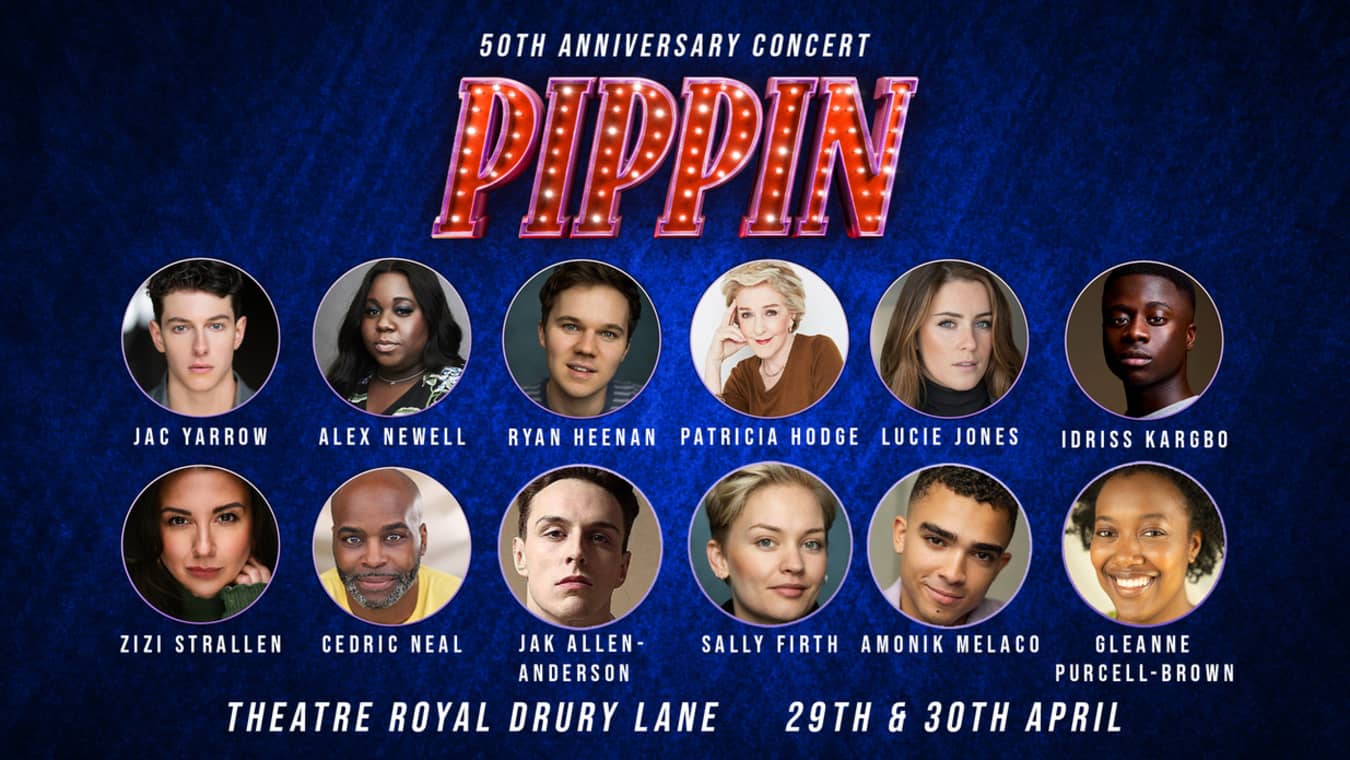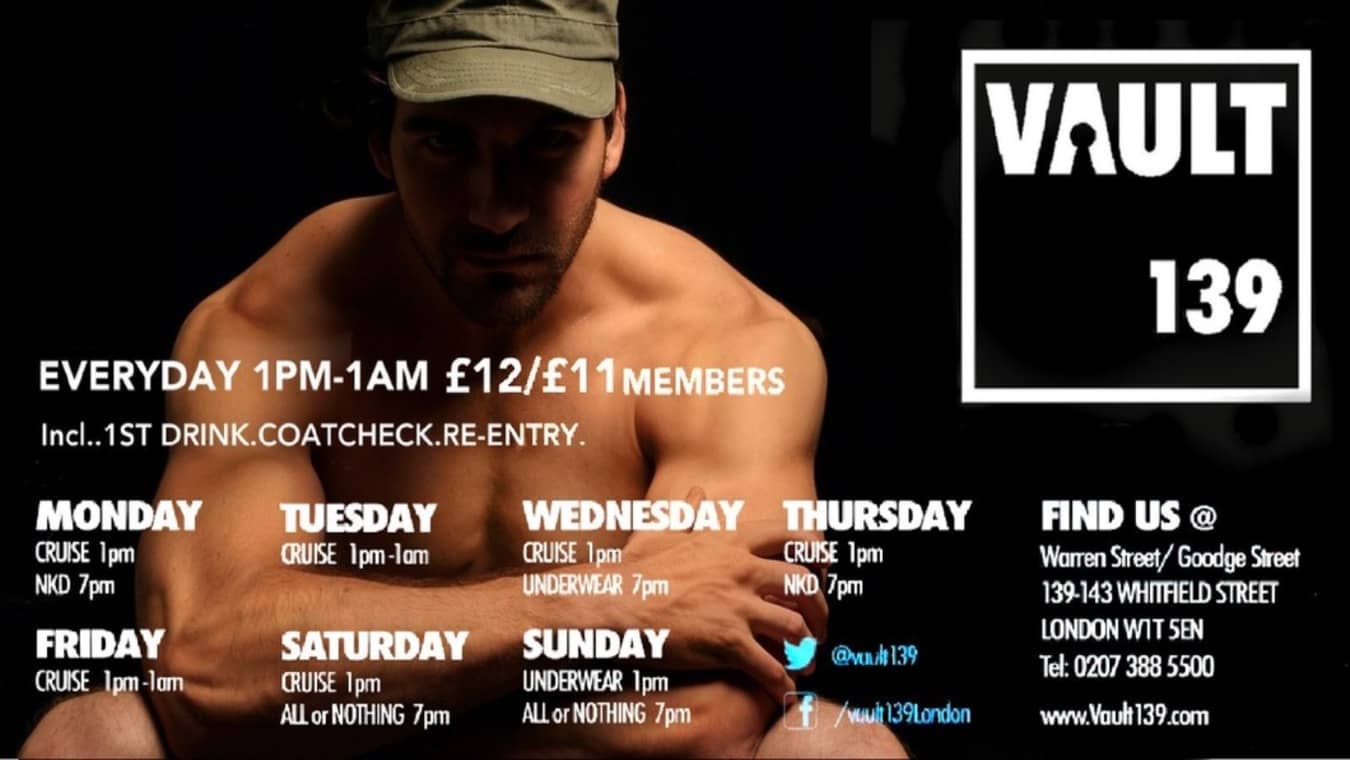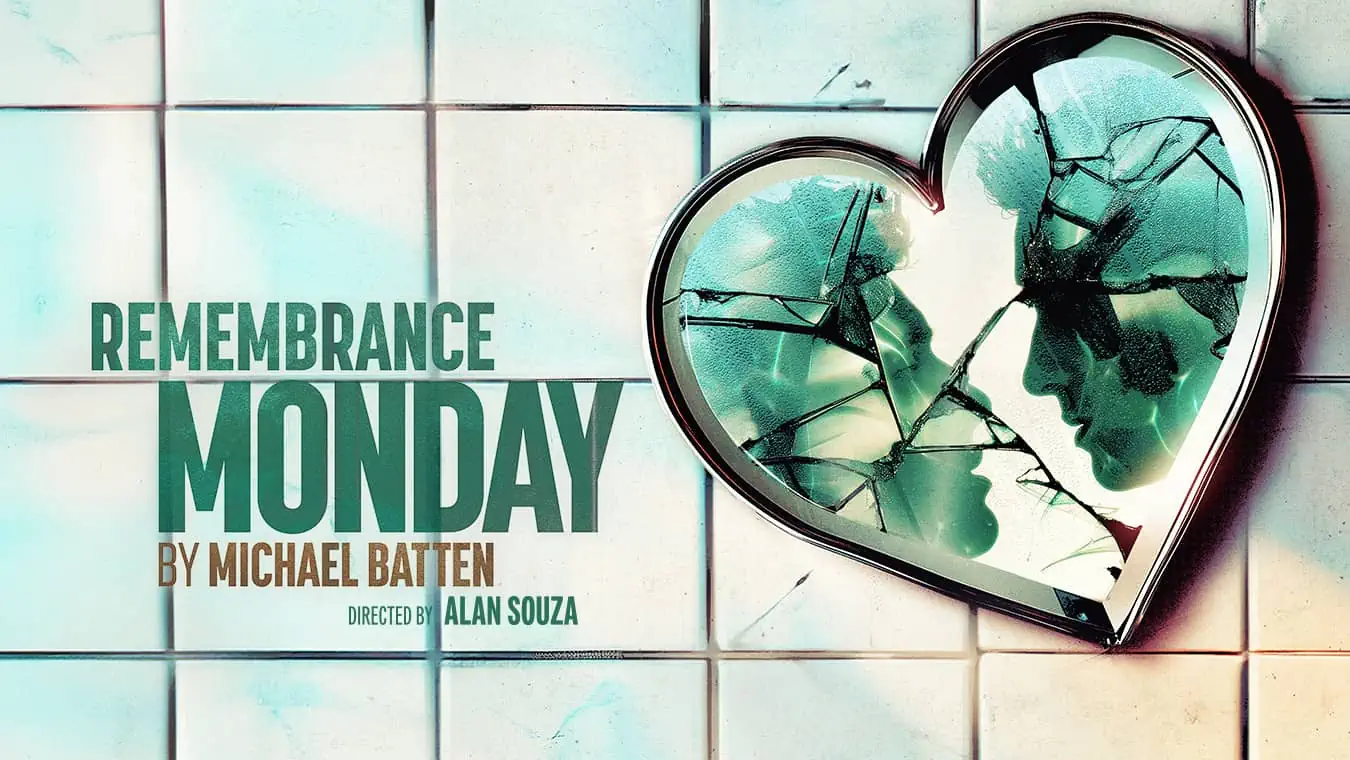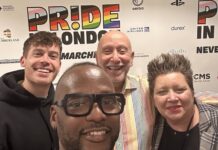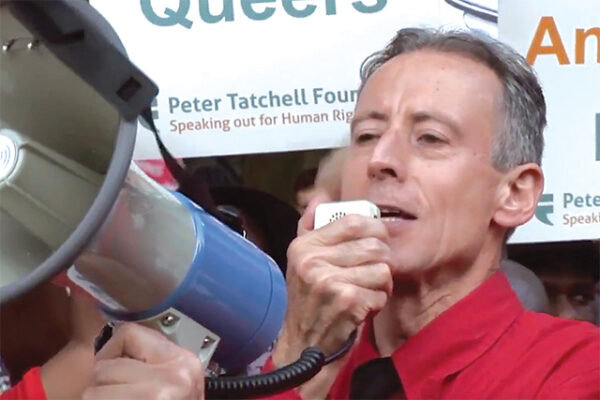Despite progress, too many in the LGBT community still find themselves struggling to cope with issues relating to their gender identity or sexual orientation; too often they’ve no one to talk to. Chris Godfrey speaks with Switchboard co-chair, Nuala O’Sullivan, and Gay Switchboard Ireland director, Adam Shanley, about how their charities continue to help the community’s most vulnerable and isolated.
In a vacuum where LGBT issues aren’t discussed the only thing that thrives is homophobia. In a society where an LGBT-inclusive curriculum in schools is suppressed, where talking about experiences and feelings is discouraged, where parts of the mainstream media continue to ignore the queer community, it’s ignorance that reigns supreme.
Last Sunday marked National Coming Out day, an attempt to smash the silence around LGBT issues that still pervade many facets of society. It’s a day reserved for celebrating queerness and raising awareness of the issues people still face when coming out; because despite all the progress that has been made in the UK in recent years, coming out can still be a bleak process, one fraught with anxiety and depression, fear and loathing, isolation.
Simply having someone to confide in can often be the difference between life and death. Not everyone is lucky enough though to have a sturdy support network; for those who feel completely alone LGBT switchboards could be their last resort.
“We’re a listening service,” says Nuala O’Sullivan, co-chair and trustee of Switchboard, the UK’s longest running LGBT helpline. “We don’t give people advice and we don’t tell people what to do, but we listen to them and reflect back to them what they’re saying, to help them find their own solutions.”
Switchboard has been fielding calls from LGBT individuals since March 1974, helping people cope issues ranging from mental health to sexual health, coming out to going out. The service originally operated for five hours every evening above a bookshop near Kings Cross station; such was its popularity though, it soon transformed into one that runs for 24 hours a day. It soon transformed into one that ran for 24 hours a day (it’s phoneline now operates 10am-11pm everyday). It now averages over 15,000 interactions a year.
Switchboard has recently rebranded (originally called the London Lesbian and Gay Switchboard) to appeal to the entire community, nationwide, and to better reach those who are more secluded, such as people living in rural areas or strongly religious households. It’s not just LGBT people from outside the community that are reaching out to Switchboard.
“We take calls from the straight community too,” says O’Sullivan. “We get a lot of calls, particularly from parents, but also from work colleagues and other people who know somebody who’s LGBT. It’s usually parents of younger teenagers coming to terms with some aspect of their child’s life. They’re super-inclusive and want to be supportive, but they just want to help; they haven’t faced the situation before. They just want to talk to us to get reassurance and some useful pointers.”
Since Switchboard was founded the landscape has shifted drastically; there’s near total legislative equality, Section 28 has been and gone, and mainstream society has probably never been more accepting. The UK may now enjoy some of the most progressive laws and, arguably, one of the most accepting societies, but the calls keep coming in.
“People call us when they’re in some kind of crisis and those crises don’t change, despite all the legislation,” says O’Sullivan. “Still 15-year-olds will call to say I don’t know if my mum will love me anymore if I tell her I’m a lesbian. That has not changed. Each generation, particularly with young people, still face the same issues.”
It’s a similar story in Ireland. The Gay Switchboard Ireland (GSI) was founded in 1974, a time when homosexuality was still criminalised, and was originally called Tell A Friend. Had ‘gay’ been included in the title it would have been illegal for them to advertise their services; even with adopting a subtler name though, just one national newspaper published Tell A Friend’s number.
“The whole idea was to have a reassuring voice with the capacity to listen and to engage, not to shower people with advice, but to just listen and be there for them,” says Adam Shanley, director at GSI. “We probably see the most amounts of calls come from what we call rural and isolation settings; it tends to be those over 35 who grew up with a more difficult impression of being gay.”
Since homosexuality was decriminalised in 1993 the number of calls GSI takes has steadily risen, with over 1,500 taken last year. The situation for LGBT people in Ireland has improved drastically too, culminating in the recent euphoria around the equal-marriage referendum. But while history will no doubt look back at the result as a time of celebration for the LGBT community – and rightly so – for some who lived through the intense campaigning it was anything but.
“We’re actually still fielding calls from people that were affected by the marriage equality referendum,” says Shanley. “A lot of younger callers are ringing and saying they stayed quiet in the referendum because they heard their parents talking about it and they had a bigoted views. It [the referendum] has a knock on effect on their coming out process.”
Even the more experienced members of the LGBT community found themselves speaking with GSI during the referendum. Some of those who went out canvassing for the Yes Vote, Ireland’s ‘out and proud’ population, were shocked by some of the responses they received.
“We saw a spike in people calling and saying they couldn’t believe there’s people that I’ve met this week on the doors that have this type of opinion of us,” says Shanley. “We saw as well in any of the televised debates or high profile articles in the Irish Times or Independent that people were affected by it. They would turn to us to debrief and get it off their minds.”
“Simply having someone to confide in can often be the difference between life and death.”
Recently both Switchboard and Gay Switchboard Ireland have introduced instant messaging services, making them more accessible to a generation more likely to turn to a keyboard than a phone for help. Both have noted its popularity with the younger generation, who generally less likely to find themselves in a position to speak on the phone, but its appeal has stretched to anyone lacking the confidence to vocalise their problems.
“We spoke to one guy through it who was in a heterosexual marriage,” says Shanley. “He said he wouldn’t have had the confidence to pick up the phone and talk, and he definitely wouldn’t have been comfortable walking into an LGBT community centre
“We’ve had a lot of people be silent on the phone. They’ll ring us and we’d be encouraging them that we’re there to talk whenever they’re ready. But we’d have a lot of people ring up, be silent, then hang up. It can be very difficult to verbalise something for a lot of people and being behind a keyboard can really help that person open up.”
At a time when technology (specifically Grindr) is being lambasted (rightly or wrongly) for breaking up the community, it’s refreshing to see that it can also empower. While it’s a mark of how both charities are evolving, finding new ways to reach those who may be stranded, it’s also a reminder that despite progress the same problems persist. Laws change, the crises stay the same. As things stand it’s likely to remain that way for the foreseeable future.
“In an ideal world I would love for us to be so good at our jobs that we put ourselves completely out of business,” says Shanley. “But that’s an unrealistic expectation. We’ll always have people that are struggling with coming out, sexual health will always be an issue and while there’s been a really positive outcome from the marriage equality referendum even that topic itself had some adverse effects. So there will always be a need for services like ours.
“We’ve been around for 41 years and we definitely want to stick around and be there for the community, ready to talk, for as long as they need us.”
• If you need to talk about any of the issues mentioned in this piece, Switchboard can be reached on 0300 330 0630 or through its website www.switchboard.lgbt. Gay Switchboard Ireland can be reached on +353 1872 1055 or through its website at www.gayswitchboard.ie.


